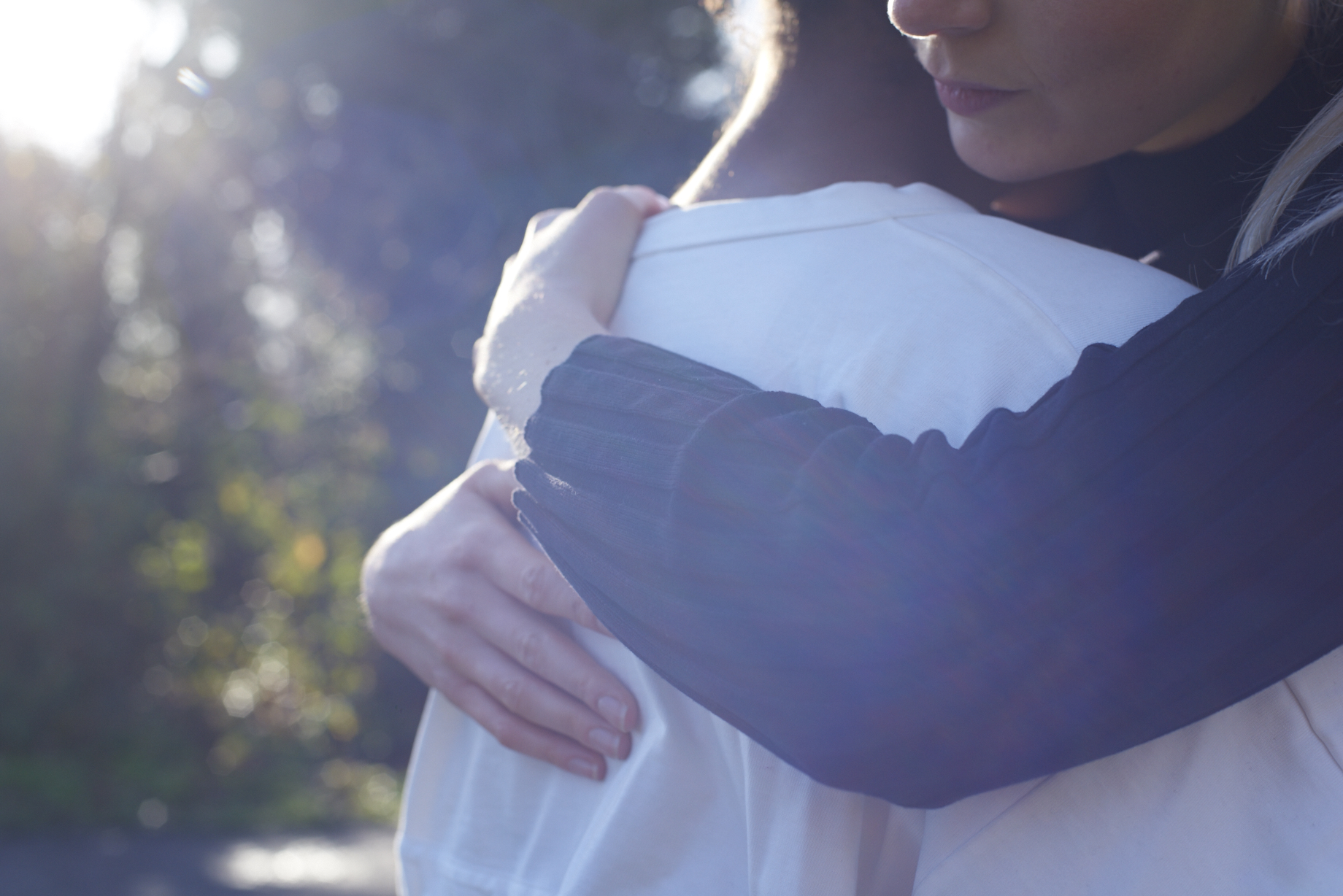
We are a social species that thrives on connection with others. I’ve seen this first-hand in my work as the CEO of Nordic Cuddle, and in my role as a cuddle practitioner. Cuddle therapy is a form of touch therapy that can involve hugs, hand-holding and gentle back rubs and clients come to us for reasons including stress, loneliness and anxiety amongst many others.
Touch helps create strong bonds between individuals in a myriad of ways. It’s the first sense to develop while we’re still in the womb and was described by Saul Schanberg as, “Not only basic to our species, but key to it.”
However, the COVID-19 coronavirus now poses a significant challenge to our supremely social species as we are correctly forced to isolate and avoid contact with others as far as possible. Many people are also living and isolating alone in their homes through this global health crisis. So what does this mean for our wellbeing?
Touch Deprivation and ‘Skin Hunger’
Western countries were already dealing with a touch deprivation, or ‘skin hunger’ crisis, whereby people have little or no physical contact with others.
According to a popular article on the subject by Professor Kory Floyd, “Three out of every four adults agree with the statement, ‘Americans suffer from skin hunger.’” In research published last year, it was found that 72.7% of participants from a German university were touch deprived.
However, the touch deprivation crisis has now been amplified by the coronavirus outbreak, as commentators have themselves experienced. Some of the impacts skin hunger can have on our wellbeing include:
- Body image issues
- High stress levels
- Mental health issues, such as depression and anxiety
- Low self-esteem
- Sleep issues
- Sexual dysfunction
- Fear of attachment and unsatisfying relationships
Replicating the Effects of Touch

Many people are probably wondering if we can replicate the effects of touch while in isolation, and if so how? Participating in an online exercise class like Psalms and Stretches or using an exfoliating brush or pad while in the shower are good ways to engage the pressure receptors under the skin. If government advice allows, going for a fast walk can have the same effect. Some experts also recommend stroking a pet, in the absence of human touch.
Triggering our parasympathetic nervous system can help us feel calmer and more relaxed. We can achieve this through deep breathing, for example by breathing in for 5 seconds, followed by 5 seconds of breathing out and repeating this for a minute or more.
Our current situation is far from ideal but in the absence of human touch I hope the above tips can be of use to everyone in isolation, and to help maintain a sense of positive wellbeing during these challenging times.
About Rebekka Mikkola
Rebekka is the Co-Founder and CEO of Nordic Cuddle. She is a trained cuddle therapist and massage therapist with over 1,500 hours of experience. Rebekka is a sought after public speaker and delivered her first TEDx talk about how ‘Cuddling Can Make Us Better Human Beings’.






























